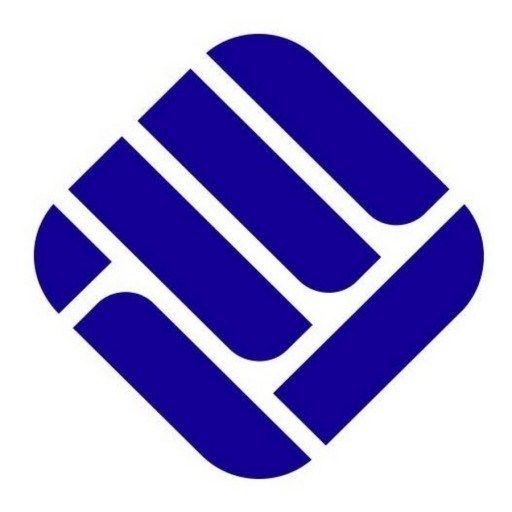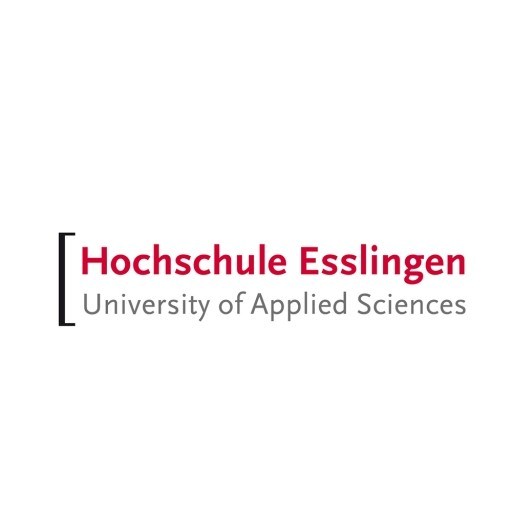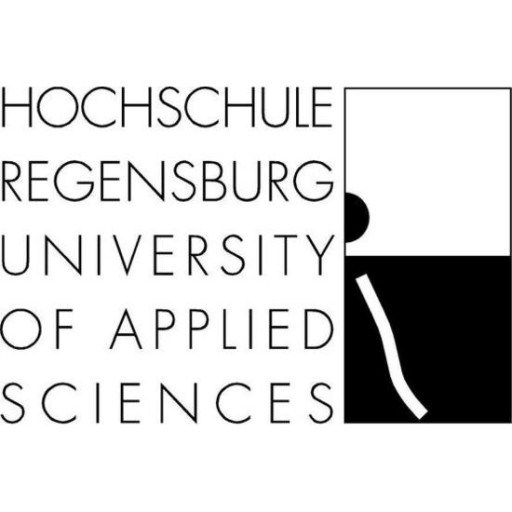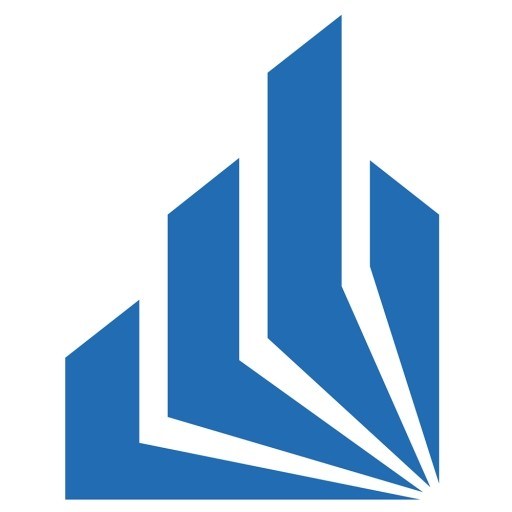Photos of university / #tu_dortmund
The Bachelor's degree program in Chemical Engineering: Process Systems Engineering at Dortmund University of Technology offers students a comprehensive education in the design, operation, and optimization of complex chemical processes. The program emphasizes a strong foundation in mathematics, physics, chemistry, and engineering principles to prepare graduates for innovative solutions in the chemical and process industries. Throughout the course of study, students acquire in-depth knowledge of process engineering, automation, process control, and safety management, enabling them to develop sustainable and efficient processes. Practical training and laboratory work are integrated into the curriculum to ensure hands-on experience, while project-based learning fosters teamwork, problem-solving skills, and engineering creativity. The program covers modern topics such as process simulation, process optimization, and digitalization in chemical engineering, aligning with current industry trends. Graduates are equipped to work in various roles, including process design, process analysis, and system optimization, in sectors such as pharmaceuticals, energy, environmental protection, and materials manufacturing. The university’s strong connections with industry partners provide students with internship opportunities, industry projects, and potential career pathways. Emphasizing interdisciplinary collaboration and innovation, the program prepares students to meet future challenges in sustainable chemical process development, digital transformation, and resource efficiency. Upon graduation, students receive a nationally accredited degree that qualifies them for postgraduate studies or immediate employment in the chemical engineering sector, contributing to advancements in technology and sustainable development worldwide. The program is designed to foster a global outlook, critical thinking, and lifelong learning skills, ensuring graduates are well-prepared for a dynamic and evolving industrial landscape.
Educational organisation
To learn more about the layout of the programme, please check the link mentioned below. Click on the links to get more information about the courses.
http://www.bci.tu-dortmund.de/en/academic-studies/future-students/study-programmes/master-chemengineeringspecialprocess-systems-engineering/course-layout
Forms of assessment
- Oral or written examinations
- group projects
- assignments
- Master's thesis
Course objectives
Graduates of this Master's programme will have excellent employment opportunities in both industry and higher education. The courses provide fundamental yet detailed applied education, scientifically and practically challenging, while focusing additionally on soft skills and languages. Above and beyond a sound knowledge in engineering, students will acquire a working knowledge of German and develop social skills in group projects and seminars.
Process Systems Engineering is in great demand in the market as it enables a chemical engineer to acquire all the knowledge necessary not just for designing a chemical plant but also for its simulation and optimisation.
Language requirements
Since the Process Systems Engineering stream of the Master's programme is taught exclusively in English, applicants must prove their knowledge of English. A Graduate Record Examination (GRE) certificate is mandatory for all applicants.
For more information, please check the admission regulations:
http://www.bci.tu-dortmund.de/en/academic-studies/future-students/study-programmes/master-chemengineeringspecialprocess-systems-engineering/entry-requirements
Academic requirements
For admission to the Master's programme, a BSc or equivalent degree in chemical engineering is required.
Admission is based on the overall academic performance, recommendation letters, mandatory GRE scores, statement of purpose, and further qualifications.
As the Master's degree programme does not include a vocational component, an engineering-related activity of at least nine weeks (which is equal to the practical training of the Bachelor's degree programmes in chemical or biochemical engineering at Technische Universität Dortmund) is essential. The internship office of the Faculty of Biochemical and Chemical Engineering will decide on the equivalence. This internship can also be completed later (at the latest before starting the Master's thesis) in Germany or in the respective native countries. However, this might extend the duration of the programme for the students.
Certificates have to be certified by a notary and/or by the Ministry of Education or German consulates or respective authorities. For enrolment they have to be presented in the original.
Applications without GRE are not processed.
Enrolment fees
An administrative fee of around 260 EUR per semester is charged. This fee covers transportation on the large public transport network in and around Dortmund and the whole federal state of North Rhine-Westphalia.
Costs of living
Living in Dortmund is affordable compared to many other cities in Europe. Students may expect living expenses of about 580 to 680 EUR per month, including accommodation, food, health insurance, books, and miscellaneous expenses.
Job opportunities
The department has a limited number of part-time jobs for successful students after the first semester. However, funding for the first two semesters should be secured before coming to Dortmund as time available for work is limited.
Arrival support
Detailed information newsletters will be sent out before the start of the semester. Senior students provide help and an orientation programme is held before the semester starts (first or second week of October).
The student community can be contacted via the following Facebook page:
https://www.facebook.com/groups/80766994563/
The Foreign Office runs special programmes for the support of freshers that should not be missed, e.g. the "Come2Campus" programme.
http://www.aaa.tu-dortmund.de/cms/en/International_Students/
Services and support for international students
There is a coordinator for the programme in the Department of Chemical and Biochemcial Engineering who can be contacted with all questions. In addition, the Foreign Office supervises and counsels international students.
Accommodation
Costs for accommodation vary between 250 and 350 EUR per month.
http://www.aaa.tu-dortmund.de/cms/en/International_Students/










